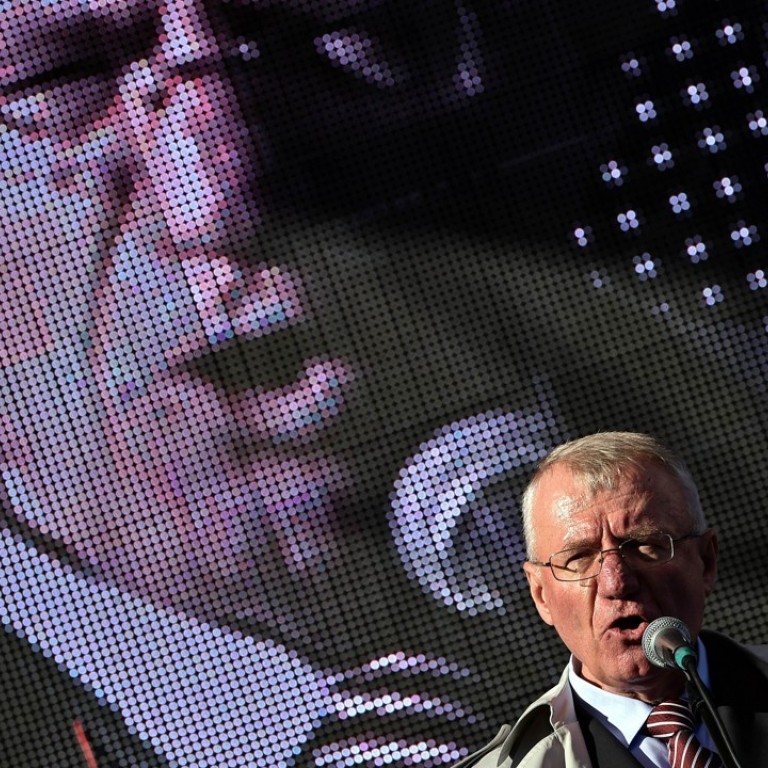
UN prosecutors seek to overturn radical Serb’s acquittal
UN prosecutors will on Wednesday seek to overturn a controversial acquittal in the case against firebrand Serb ultranationalist Vojislav Seselj, found not guilty last year of war crimes during the Balkans conflicts.
Seselj will be absent during the day-long hearing, refusing to travel back from Belgrade to hear prosecutors present their oral arguments to a five-judge appeals bench of the UN’s Mechanism for International Tribunals (MICT).
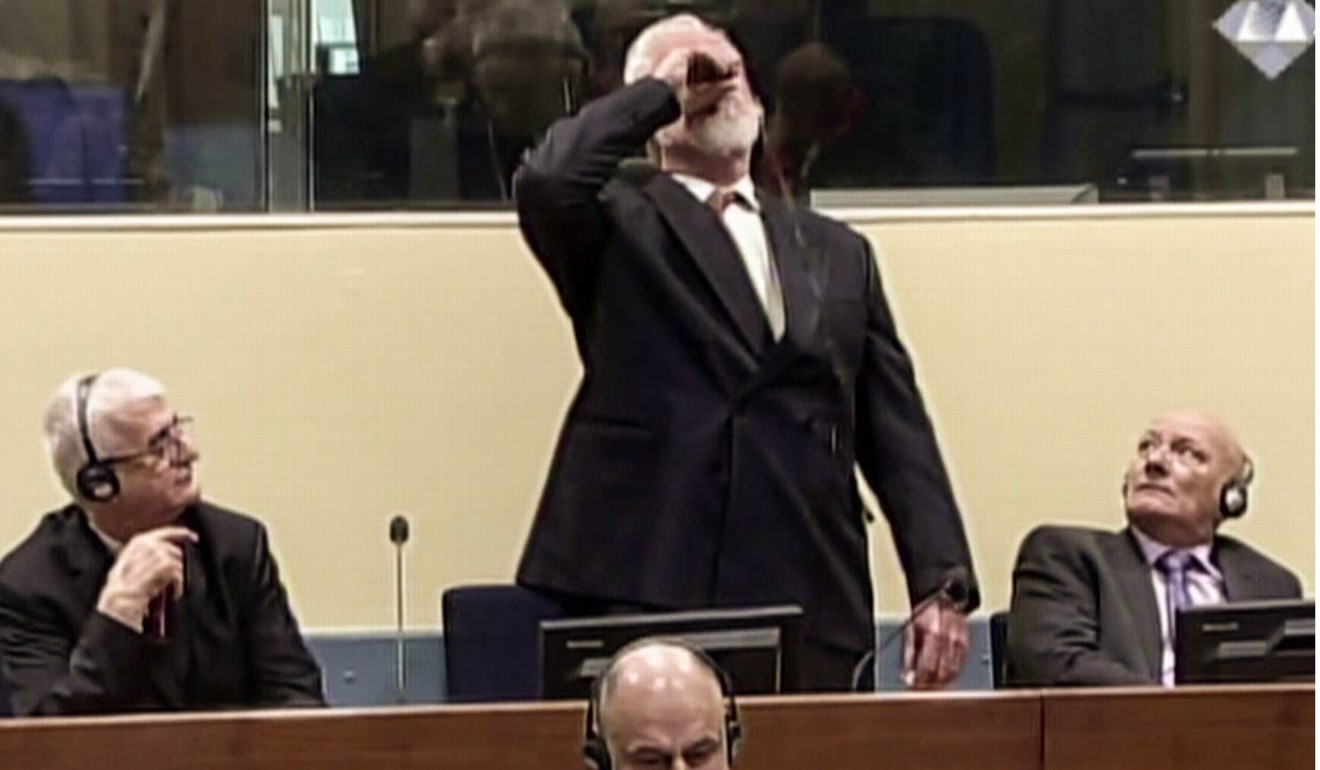
Praljak died after drinking cyanide in the courtroom when his 20-year jail term was upheld on appeal, in a case now being investigated by Dutch prosecutors.
The MICT, based in the same building in The Hague, is handling the final appeal cases left by the ICTY.
UN prosecutors are appealing after the ICTY judges found Seselj, 63, not guilty on nine counts of war crimes and crimes against humanity for his role in the 1990s Balkans wars.
Prosecutors insist Seselj – once a stocky outspoken paramilitary commander – was behind the murders of many Croats, Muslims and other non-Serb civilians in an unrelenting quest to create a “Greater Serbia”.
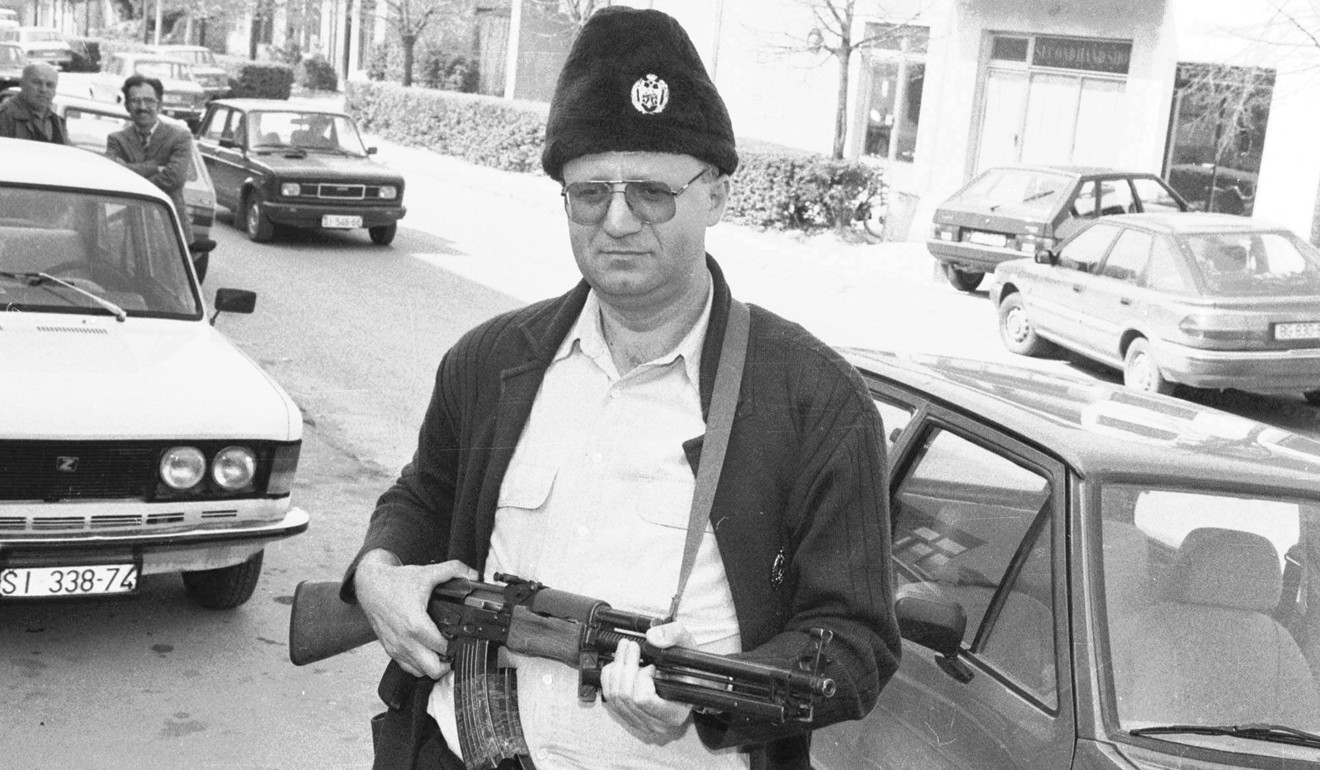
He was also accused of forcibly deporting “tens of thousands” from large areas of Bosnia, Croatia and Serbia.
But in their surprise majority ruling, UN judges found the prosecution had failed to prove “there was a widespread systematic attack against the non-Serb civilian population in large areas of Croatia and Bosnia-Herzegovina”.
The chamber also said prosecutors failed to prove any “causal link” between Seselj’s fiery speeches and the wave of atrocities.
For instance, when Seselj told his troops during the deadly three-month siege of the Croatian town of Vukovar in 1991 “to spare no one”, he was merely “participating in the war effort by galvanising Serb forces”, the judges concluded.
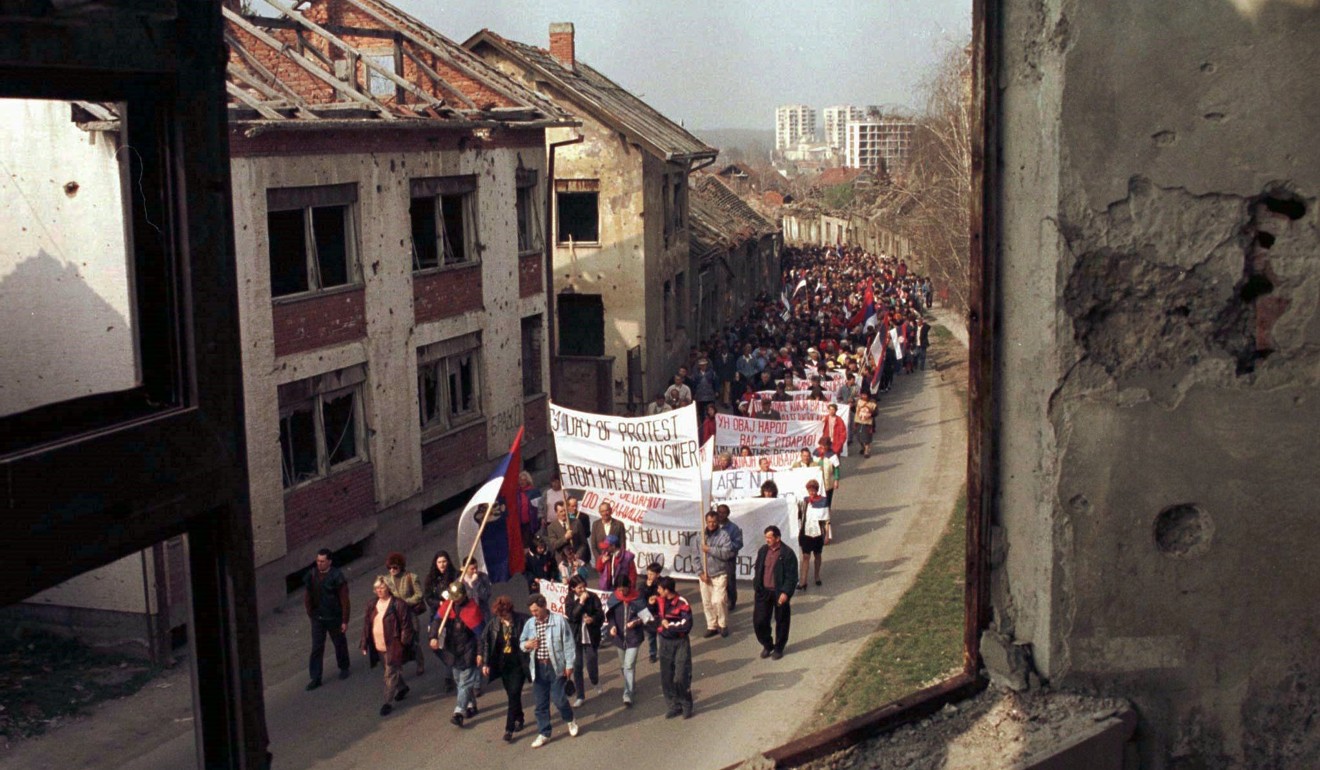
Seselj hailed his acquittal as “honourable and fair”, but legal experts and historians reacted with outrage and the verdict left prosecutors baffled.
Critics argued that the judgment overturned international law and rewrote the history of the bloody Balkans conflicts triggered by ethnic upheavals when Yugoslavia broke apart in 1991 following the fall of communism.
Prosecutors have appealed the acquittal on two grounds: namely that the trial judges “failed to give a reasoned judgment” and that they “erred in fact by acquitting the accused”.
Seselj surrendered to the Yugoslav war crimes court in 2003. His first trial opened in 2006 but was annulled and restarted in 2007. He said he would not be turning up on Wednesday.
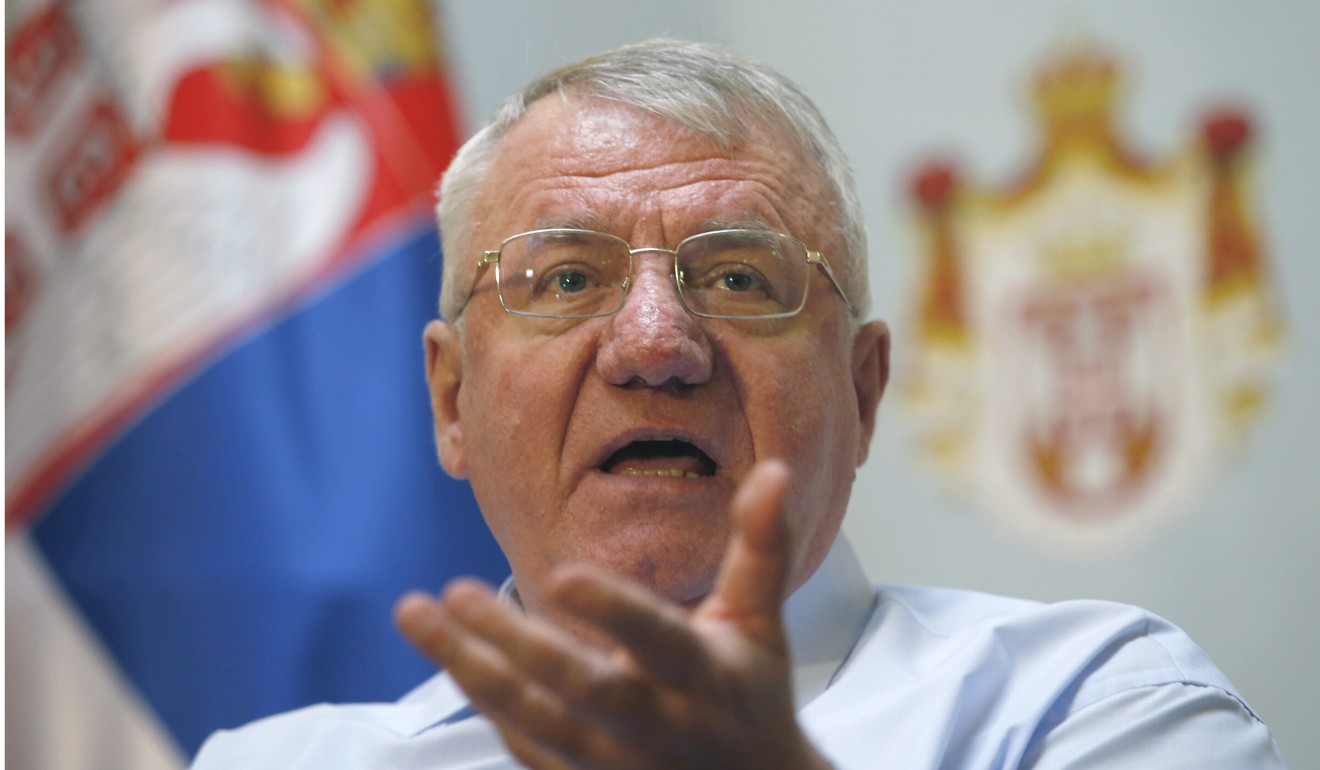
“I have nothing to do with the court in The Hague,” he said in Belgrade. “I spent 12 years in The Hague waiting for the court to prove the charges against me. Since I was acquitted in the first instance, I do not see what is left for this mechanism, what it can do with my verdict.”
He returned to Belgrade in 2014 for treatment for colon cancer and has not been back to The Hague since.
However, ill-health appears not to have held him back. Under his leadership, his Serbian Radical Party returned to parliament as the largest opposition party, and he is now an MP.
He ran, albeit unsuccessfully, as a candidate for the Serbian presidency earlier this year, has been seen publicly burning EU and Nato flags, and appeared on a reality television show.

.png?itok=arIb17P0)